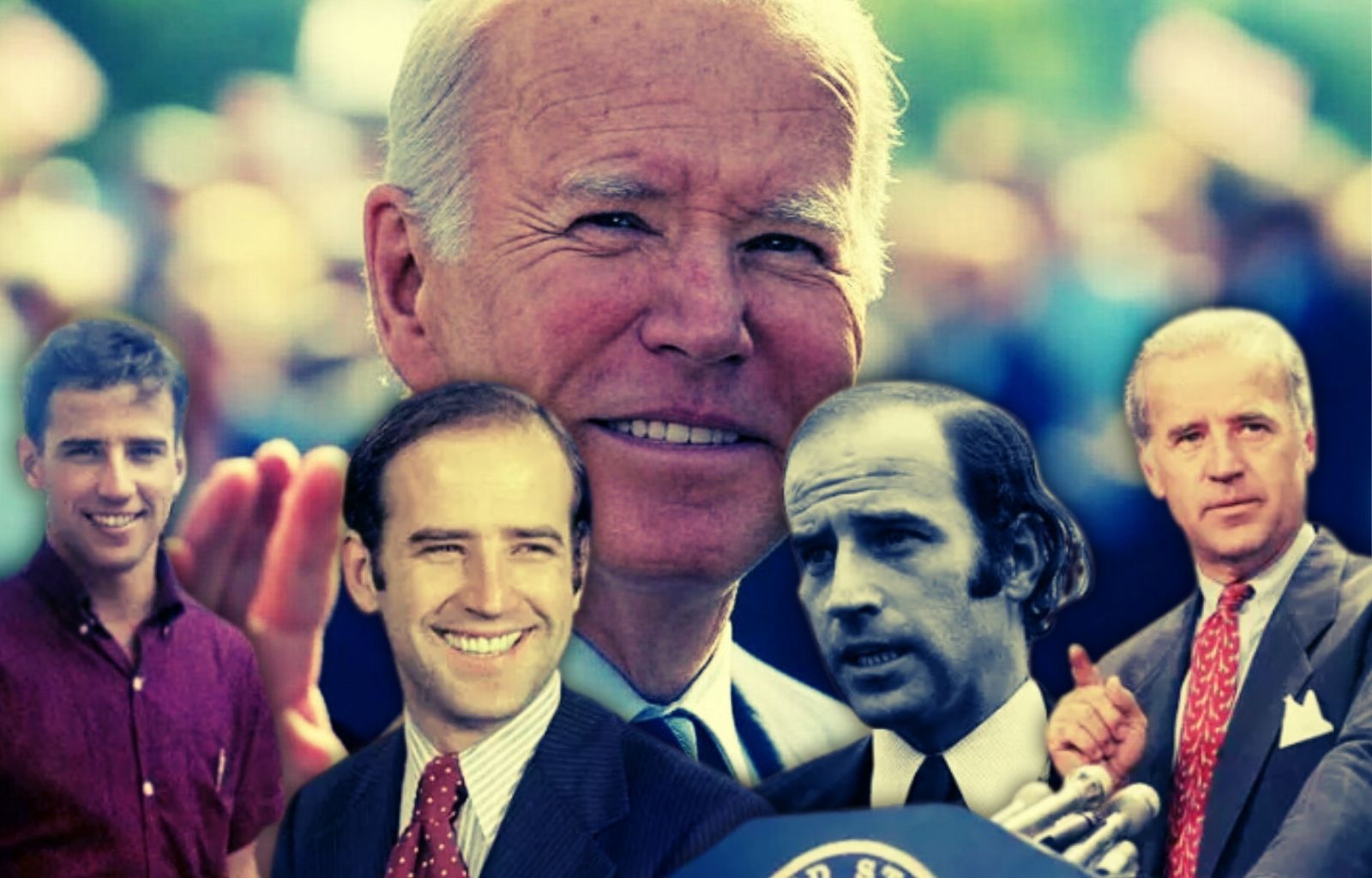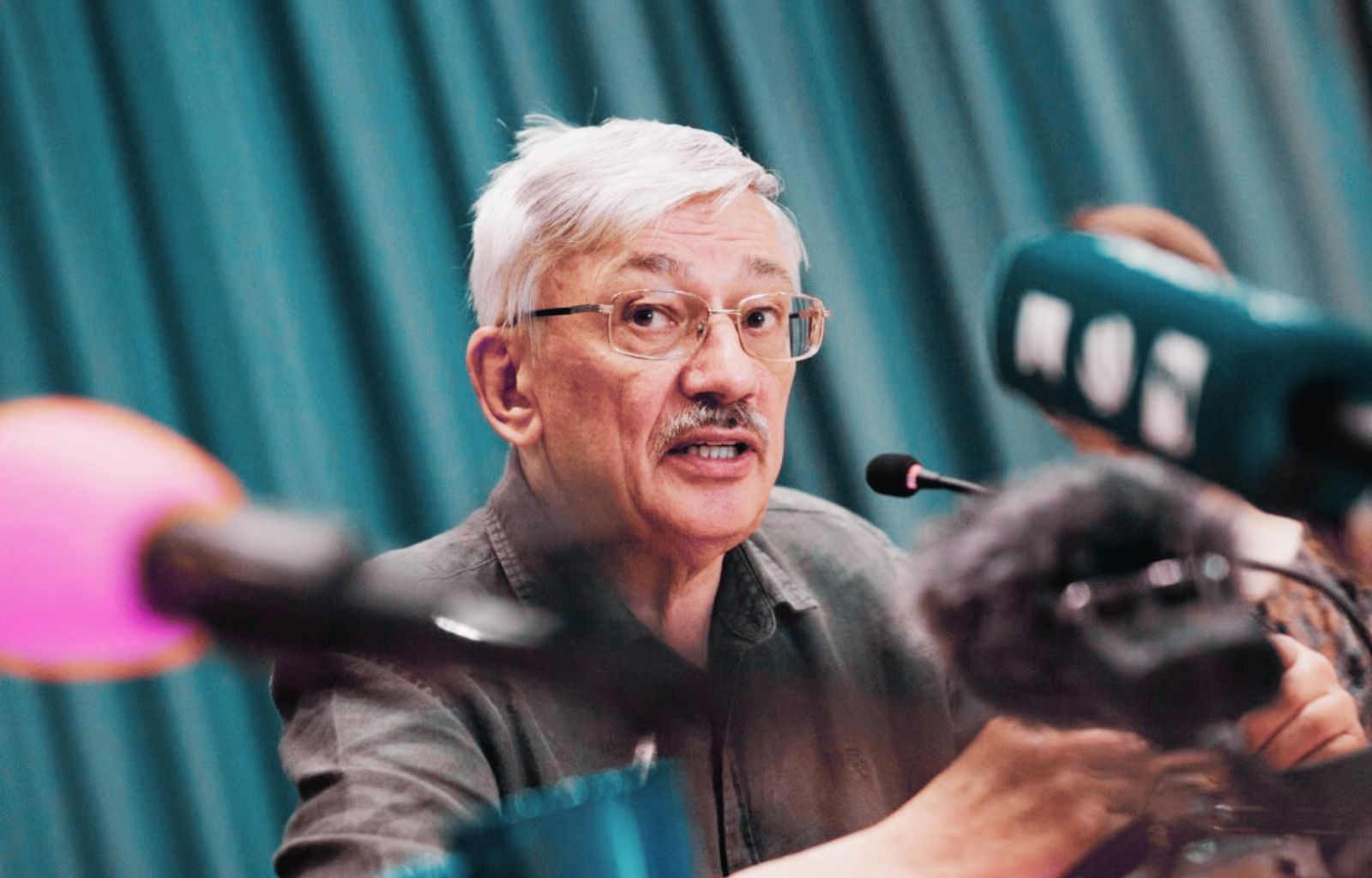The eternal Biden, a thoroughbred politician: what impact has his presidency had?

On 20 January, Joe Biden’s presidential term will officially come to an end, bringing to a close an eternal political career that began in 1970 as a New Castle County councillor, but began nationally two years later with his election as senator from Delaware in an election that seemed already lost, with Biden having to make up an initial disadvantage of almost 30 points in the polls, a gap that was bridged thanks to his extraordinary energy and ability to connect with voters and to know how to find synthesis between different positions.
For 36 years he remained a senator, promoting a series of extremely important laws, including the Violence Against Women Act, which led to the appropriation of 1.6 billion dollars to prevent and prosecute acts of violence against women, and the Violent Crime Control and Law Enforcement Act, which led to the hiring of one hundred thousand police officers and 10 billion in funding for prisons (both bills are from 1994, under President Bill Clinton), demonstrating his moderate personality and elasticity in being able to espouse progressive causes such as violence against women while at the same time giving strong attention to the issue of crime and security.
After two unsuccessful attempts at the Democratic presidential nomination in 1988 (Michael Dukakis was chosen, defeated by George H.W. Bush) and 2004 (the winner was John Kerry, who failed to beat George W. Bush). Bush), in 2008 he withdrew very early from the primaries, only to be chosen by Barack Obama as the vice-presidential candidate, a functional choice to bring a moderate (and white) voice to the ticket, as well as a senator with long experience and great ability to resolve deadlock situations in parliament, a quality that was exploited to pass several important measures, especially in the first phase of the Obama presidency, such as the American Recovery and Reinvestment Act of 2009, the economic stimulus package following the financial crisis of the previous year.
In 2020, he arrived in the White House after having formed a very broad coalition and after having worked tirelessly to obtain the votes of a large number of middle-class and industrial workers (Biden would later be the first president to actively participate in a strike by the United Auto Workers), an investment that would bring an impressive 81 million votes to Biden, the highest number ever obtained by any presidential candidate. In order to assess how his presidency will be viewed, it is important to analyse his most important domestic and foreign policy actions.
Domestic policy
There are three relevant acts that we have to consider: the CHIPS act, the Inflation Reduction Act and the Bipartisan Infrastructure Bill. These three measures added together have led to public investments of over USD 1.6 trillion, and can be considered the largest public spending plan since Franklin Delano Roosevelt’s New Deal, although many investments may be blocked or implemented by the next administration, which will also alter how history will regard the Biden presidency.
With the first law (in which CHIPS stands for Creating Helpful Incentives to Produce Semiconductors, where, however, the name is already quite evocative), the government allocated tens of billions of dollars to incentivise the private production of chips and semiconductors on American soil, and generated demands from companies that were much higher than the funds allocated by the administration. The law can also be read as a foreign policy move, aimed at trying to limit China’s dominance of the semiconductor market, which is why it is likely that Trump, who has never come out strongly in favour of repealing the programme, will keep these incentives alive.
The Inflation Reduction Act of 2022 is one of the largest investment plans in renewable energy, the green transition, and the fight against inflation that has profoundly affected the United States during President Biden’s presidency, and provides for some USD 740 billion in projected new revenue, stemming from the enactment of the 15% minimum tax for companies earning more than USD 1 billion, and also through a major reform that allows the federal Medicare programme to directly negotiate prices for different types of medicines. This measure allows both the government and citizens to save money, and has led, for example, to the price of insulin for the elderly being set at a maximum of $35 per month for prescriptions, a very significant saving for those who on average were paying more than three times as much before the reform.
The programme envisages a large reduction in the federal deficit to combat inflation, but at the same time provides for some $400 billion in investments for the environmental transition, which translates into tax credits for clean energy production ($51 billion for production from renewable sources and $30 billion for nuclear energy, in addition to 70 billion of other planned credits), as well as various subsidies also aimed at incentivising American production or that of reliable partners, such as subsidies for the purchase of electric cars whose batteries contain minerals mined in America or in partner countries bound by free trade agreements with the United States.

The future of this law, in the face of Donald Trump’s return to the White House, is by no means a foregone conclusion: Trump has repeatedly criticised the law, describing it as excessively ‘liberal’ and carrying too many new taxes. At the same time, however, during the Biden administration, companies have taken advantage of the various incentives provided by the IRA to be able to activate hundreds of billions of dollars of investment across the country, especially in districts won by Republicans in the last election rounds, and this fact could generate opposition from those representatives who, with IRA funds, see their territories richer and more economically developed, despite the fact that at the moment there seems to be a firm desire on the part of President Trump to stop investments in what is called the ‘Green New Scam’, or at least to divert those funds to other items of expenditure.
The Bipartisan Infrastructure Bill represents a historic investment in US infrastructure, with a total funding of around $1.2 trillion to modernise and improve key networks and services across the country, a topic of particular concern in the country, which led to the bill being passed with an impressive 69 votes in the Senate, including 17 Republicans. The main objective of the bill is to upgrade the physical and technological infrastructure, including the upgrading of roads, bridges, railways, public transport, airports, power grids and broadband, but also the expansion of electric vehicle infrastructure and water management. A significant portion of the funds is intended to support the transition to a low-carbon economy, with investments in climate resilience and sustainability.
Compared to these important legislative interventions, however, Biden has been blamed for the inability to contain the price level, with the Inflation Reduction Act taking effect mainly in the medium to long term and not immediately affecting the purchasing power that Americans see as increasingly scarce. It is also important to mention the President’s slow response on the issue of immigration, with the United States now taking in almost ten million undocumented immigrants, generating a crisis in reception facilities and local communities. The issue was certainly influenced by Trump’s ban on Republicans voting for a BorderBill, which would probably have solved the problem and consequently guaranteed Biden a major domestic policy victory.
Foreign Policy
With regard to foreign policy, Biden had focused his campaign mainly on domestic policy, with the Covid and its economic consequences taking centre stage in relation to a global picture that, seen today, could be regarded as relatively calm, outside of the tariff-driven trade war with China that characterised Trump’s first term.
Instead, during his term in office, the former Delaware senator had to deal withtwo conflicts, the Ukraine and the Israeli-Palestinian conflict,as well as the complete withdrawal from Afghanistan, initiated at least in part by the previous administration.
In Afghanistan, Biden has suffered a resounding defeat in the eyes of public opinion, with a hastily managed withdrawal that has in no way prevented the Taliban from returning to power, and on the contrary has left at least seventeen thousand citizens close to the US, or even people with dual citizenship, stranded, guilty of not having completed all the bureaucratic steps in the tight timeframe required for withdrawal, an inefficiency that has led to the dramatic scenes of Afghan citizens who, in a desperate search for salvation and freedom, chase and cling to the wings of the last military planes leaving for the United States. After the withdrawal, Biden’s approval ratings will plummet and will not reach previous levels.
With respect to the war in Ukraine, however, Biden had at least three major merits: of having identified and warned the Ukrainian leadership of Putin’s plans; of having supported Ukraine relentlessly, with a total of at least $88 billion in military and financial aid; of having compacted NATO and most of the European political landscape on the existential necessity of having to support the heroic Ukrainian resistance in any way possible, a commitment that led to the agreement on the freezing of Russian assets affected by sanctions in order to use their proceeds and income to finance Kiev and to the sanctions that are beginning to show their effects, with Gazprom about to lay off 1,600 employees at its headquarters as a result of the sharp drop in revenue resulting from Western sanctions, which have led to losses of $6.9 billion for the Russian gas giant by 2023.
To close, on the Israeli-Palestinian issue, the Biden presidency has perhaps been less than energetic in imposing its will during 2024, proving incapable of politically explaining the coexistence of financing Israel and the will to reach a cease-fire, with particularly important electoral consequences, one thinks of Michigan, where the Democrats lost in a city like Dearborn, where 55% of the population is of Middle Eastern origin. The ceasefire of the last few hours is reminiscent of the release of hostages in Iran, freed as soon as Ronald Reagan officially became President. Biden himself acknowledged the close cooperation between the presidential team and Trump’s transition team on the issue, but wanted to emphasise that the agreement was based on a framework proposed by his administration in May, and that therefore the credit for the agreement should be given to him.

Conclusions
At the end of his political career, as well as his term in office, Joe Biden stands out as the last true politician with a capital ‘P’, in an era that seems to have lost the meaning of politics as the art of compromise and long-term vision. His policies, steeped in pragmatism and ideals, have been an attempt to re-establish a balance between the needs of the present and responsibility for the future, in an attempt to reconnect an increasingly divided America.
His political legacy will only be able to be assessed, in my opinion, in a few years’ time. His domestic policies, full of investments and reforms, comparable to the New Deal in terms of expansion, have tried to make America more competitive and green at the same time, but the real question is: how much of these grand plan legacies will withstand the impact of the new administration? In terms of foreign policy, Joe Biden has embodied the last great hope of an America capable of leading the world with firmness and dialogue, even in the most turbulent times. While his handling of the withdrawal from Afghanistan will remain a shadow over his presidency, his commitment to the war in Ukraine and his ability to keep NATO cohesive testify to a global vision that knows how to be strong in international cooperation.
Ultimately, history will need time to decide whether Biden will be remembered as the architect of a renewed America or as the president who tried to right an already storm-tossed ship.











